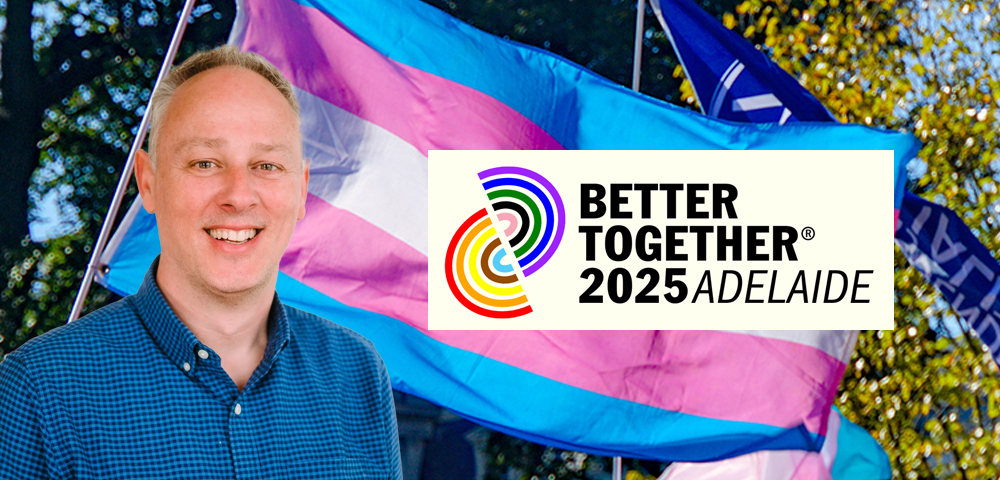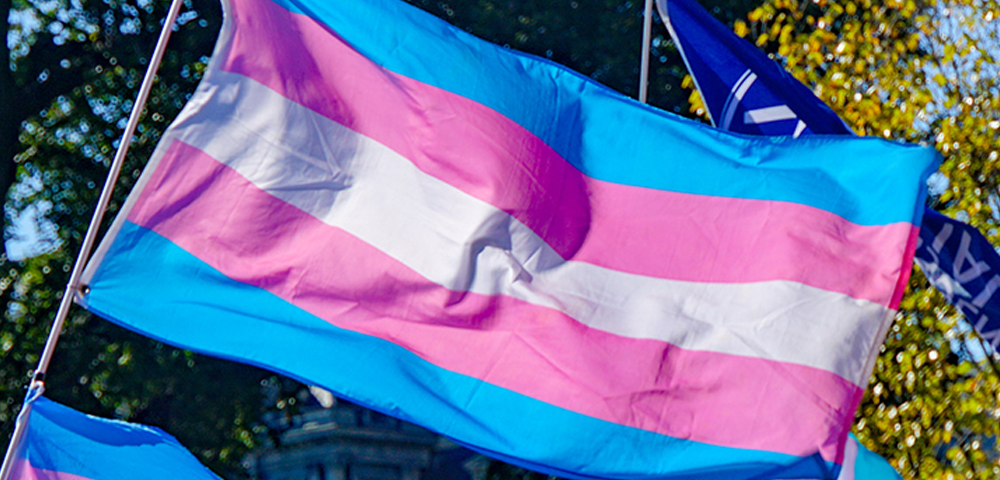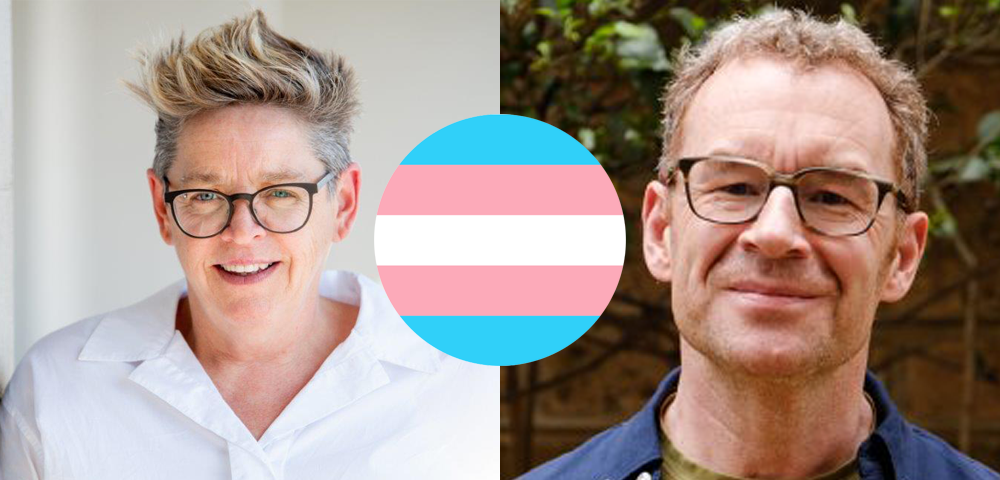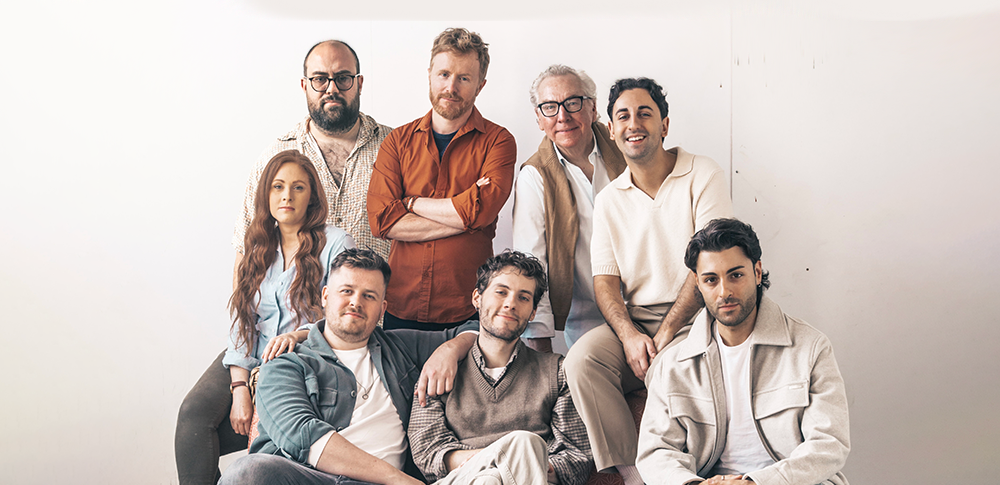
Victorian register hits 200
The Victorian Government has no plans to include a ceremonial aspect to its relationship register, which has notched up more than 200 registrations in its first year.
As debate around same-sex marriage rages, the register quietly clocked up its 205th couple.
But any hope of the register including a ceremonial aspect similar to Tasmania or the ACT was shot down by Attorney-General Rob Hulls’ spokeswoman Meaghan Shaw, who said the Government had “no plans” to include ceremonial aspects in the Victorian scheme.
Commenting on the register’s anniversary, Hulls said the scheme made it easier for same-sex couples to prove relationships stand in areas of law.
“The registration of their relationship gives these couples the chance to acknowledge their relationship and peace of mind that their decision is respected by the State of Victoria,” Hulls said in a statement.
“Importantly, the purpose of the registration scheme is to allow people to register their primary relationship, which will be recognised as such for the purposes of Victorian law, and will attract the relevant rights and obligations.”
So far 101 male couples and 76 female couples have registered their relationship in the scheme’s 12 months of operation. Twenty-eight heterosexual couples have also used the register.
Victorian Gay and Lesbian Rights Lobby co-convenor Dr Anthony Bendall said while there was support for including ceremonial aspects in the scheme, gay marriage was the top priority heading into an election year.
“We feel the Marriage Act, federally, is a priority, largely because that has such symbolic weight in terms of delegating queer people’s position as full citizens of Australia and we see it as a human rights and equality issue,” Bendall told Southern Star.
“Certainly the relationship register, it’s important to have it, but because it does provide evidence for people that you have a valid partnership and allows access to the rights we have under de facto laws in Victoria, but whether there’s a ceremony or not doesn’t really change that.
“So while we’re not opposed to ceremonies in any way, we don’t see it as a particular priority… because it doesn’t make relationships any more equal, as it does with the Marriage Act federally.”









